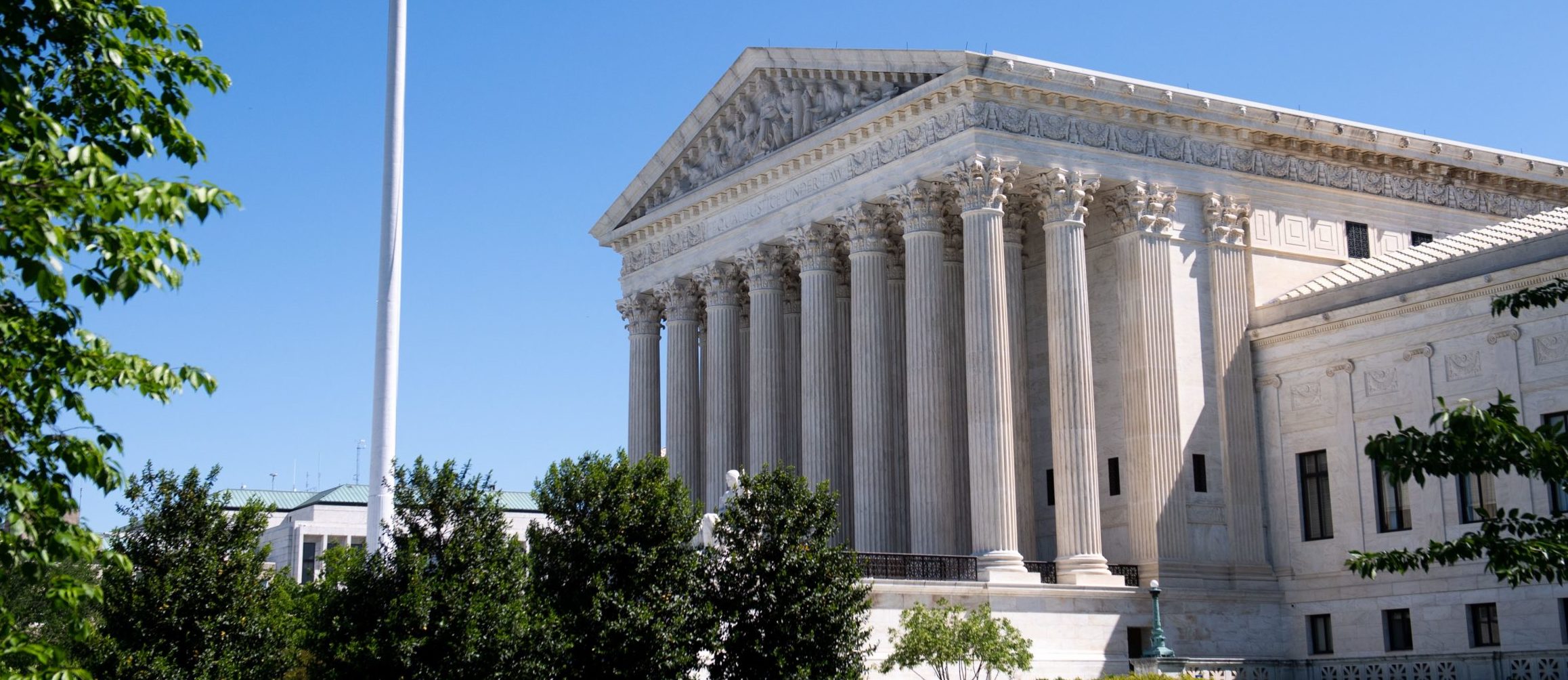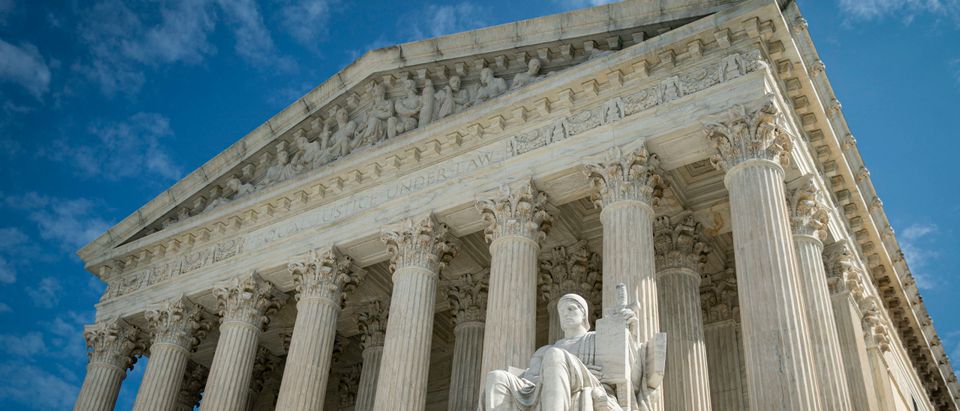The Supreme Court rejected challenges to the Indian Child Welfare Act of 1978 (ICWA), which requires preference be given to Indian families when making adoption placements for Indian children, in a 7-2 ruling Thursday.
While intended to keep Indian families together after years of government policies that separated them, plaintiffs in Haaland v. Brackeen argued that the ICWA violates the Tenth Amendment’s anticommandeering principles by forcing states to implement a federal statute, exceeds Congress’ authority and illegally discriminates based on race — putting Indian children at a disadvantage for finding a home and even keeping them in abusive situations, according to court documents.
“[T]he bottom line is that we reject all of petitioners’ challenges to the statute, some on the merits and others for lack of standing,” Justice Amy Coney Barrett wrote in the majority opinion, which was joined by Chief Justice John Roberts and Justices Sonia Sotomayor, Elena Kagan, Neil Gorsuch, Brett Kavanaugh and Ketanji Brown Jackson.
The Supreme Court heard Haaland v. Brackeen, which consolidated multiple cases challenging the law brought by Texas and seven individuals, in November. The lead plaintiffs, Chad and Jennifer Brackeen, faced roadblocks when they tried in 2017 to adopt a Native American child they’d fostered for 16 months and again when they later tried to adopt his half-sister, court documents show.

The US Supreme Court is seen in Washington, DC, on May 4, 2020, during the first day of oral arguments held by telephone, a first in the Court’s history, as a result of COVID-19, known as coronavirus. (Photo by SAUL LOEB/AFP via Getty Images)
Unless “good cause” can be demonstrated, courts must follow ICWA’s placement preferences for Indian children: first a member of the child’s extended family, then a member of the child’s tribe and then any other Indian family, according to the statute. (RELATED: Justice Gorsuch Says Pandemic Created ‘Greatest Intrusions On Civil Liberties’ In America’s Peacetime History)
Under ICWA, the alternate placement found by the Navajo Nation—an unrelated tribal member in another state—had priority over the Brackeens. Only when this potential placement family withdrew was the couple able to adopt, according to court documents.
The district court initially determined sections of ICWA were unconstitutional and found regulating the adoption of Indian children to be beyond Congress’ authority. A full 5th Circuit later affirmed in part and reversed in part the lower court ruling.
The Supreme Court affirmed Congress’ authority to enact the law and rejected their anticommandeering claims. But they did not reach the merits on the equal protection or nondelegation doctrine challenges, finding “no party before the Court has standing to raise them.”
Kavanaugh wrote separately to stress that the equal protection claim had not been decided.
“In my view, the equal protection issue is serious,” he said. “Under the Act, a child in foster care or adoption proceedings may in some cases be denied a particular placement because of the child’s race—even if the placement is otherwise determined to be in the child’s best interests. And a prospective foster or adoptive parent may in some cases bedenied the opportunity to foster or adopt a child because of the prospective parent’s race.”
“Courts, including ultimately this Court, will be able to address the equal protection issue when it is properly raised by a plaintiff with standing—forexample, by a prospective foster or adoptive parent or child in a case arising out of a state-court foster care or adoption proceeding,” he continued.
Justices Clarence Thomas and Samuel Alito both filed dissenting opinions.
“The first line in the Court’s opinion identifies what is most important about these cases: they are ‘about children who are among the most vulnerable.'” Alito wrote. “But after that opening nod, the Court loses sight of this overriding concern and decides one question after another in a way that disserves the rights and interests of these children and their parents, as well as our Constitution’s division of federal and state authority.”
The Supreme Court has heard cases dealing with ICWA twice before: in 1989 with Mississippi Band of Choctaw Indians v. Holyfield and 2013 with Adoptive Couple v. Baby Girl. In Baby Girl, the Court held 5-4 that ICWA did not allow a Cherokee father who never had custody of the child to object to a planned adoption.
All content created by the Daily Caller News Foundation, an independent and nonpartisan newswire service, is available without charge to any legitimate news publisher that can provide a large audience. All republished articles must include our logo, our reporter’s byline and their DCNF affiliation. For any questions about our guidelines or partnering with us, please contact licensing@dailycallernewsfoundation.org.


